Description
Commercial Electronic Kitchen Food Scales. Tabletop counting weighing scales are essential tools in various industries, from manufacturing and packaging to retail and laboratories. These scales combine precision weighing with advanced counting functions, making them indispensable for operations requiring accurate quantity measurements. This detailed meta description explores the features, benefits, applications, and key considerations of tabletop counting weighing scales, emphasizing their importance in modern industrial and commercial settings.
Features of Tabletop Counting Weighing Scales
High Precision and Accuracy:
- Load Cells: Equipped with high-precision load cells, these scales ensure accurate weight measurements. This precision is crucial for counting small and lightweight items with high accuracy.
- Calibration: Many models come with auto-calibration features that maintain accuracy over time and with varying environmental conditions.
Counting Functions:
- Piece Counting: These scales can count multiple pieces based on the weight of a single item, streamlining inventory and packaging processes.
- Accumulation Counting: Allows for the addition of successive weights, providing a cumulative total count, which is useful for batch processing.
User-Friendly Interface:
- Digital Display: Clear, backlit digital displays show weight, unit weight, and count, ensuring easy readability in different lighting conditions.
- Keypad: Intuitive keypads with tactile buttons make it easy to input data and switch between functions.
Durable Construction:
- Materials: Built with robust materials such as stainless steel and high-grade plastics, these scales withstand daily use and resist wear and tear.
- Design: Compact and ergonomic designs ensure they fit well on workbenches and counters, optimizing workspace efficiency.
Advanced Technology:
- Connectivity: Many scales offer USB, RS-232, and Ethernet connectivity, allowing for data transfer to computers and printers for record-keeping and analysis.
- Software Integration: Compatible with various software systems for inventory management, enhancing data tracking and processing capabilities.
Portability:
- Lightweight: Designed to be lightweight and portable, these scales can be easily moved between workstations.
- Power Options: Operate on both battery and AC power, providing flexibility for use in different environments.
Benefits of Using Tabletop Counting Weighing Scales
Increased Efficiency:
- Time-Saving: Speed up counting and weighing processes, significantly reducing manual counting time.
- Automation: Automated functions minimize human error, ensuring consistent and reliable results.
Cost-Effectiveness:
- Reduced Labor Costs: By automating counting tasks, these scales reduce the need for manual labor, lowering operational costs.
- Inventory Accuracy: Improved accuracy in inventory counts prevents stock discrepancies, reducing losses and ensuring optimal stock levels.
Enhanced Productivity:
- Batch Processing: Facilitate efficient batch processing, which is crucial in manufacturing and packaging environments.
- Quick Calibration: Auto-calibration features ensure the scales are always ready for use, minimizing downtime.
Versatility:
- Multiple Applications: Suitable for various applications, including quality control, packaging, shipping, and receiving.
- Wide Range of Items: Capable of counting and weighing a wide range of items, from small electronic components to larger industrial parts.
Improved Data Management:
- Data Transfer: Connectivity options allow for easy data transfer to computers and other devices, aiding in record-keeping and analysis.
- Integration: Seamless integration with inventory management and ERP systems enhances overall operational efficiency.
Applications of Tabletop Counting Weighing Scales
Manufacturing:
- Component Counting: Essential for counting small components like screws, nuts, bolts, and electronic parts, ensuring accurate inventory and assembly processes.
- Quality Control: Used in quality control to verify the quantity and weight of products, ensuring they meet specified standards.
Packaging and Distribution:
- Batch Weighing: Ideal for batching items by count or weight, streamlining the packaging process and ensuring consistency.
- Order Fulfillment: Helps in accurate order fulfillment by verifying the number of items in each package.
Retail:
- Inventory Management: Assists in maintaining accurate stock counts, preventing overstocking or stockouts.
- Point of Sale: Can be used at points of sale to weigh and count items sold by weight, enhancing transaction accuracy.
Laboratories:
- Sample Counting: Useful in laboratories for counting and weighing samples, ensuring precise measurements for experiments and research.
- Compound Formulation: Aids in the formulation of compounds by accurately measuring and counting ingredients.
Warehousing:
- Stocktaking: Facilitates efficient stocktaking by quickly counting and weighing items, reducing the time and labor involved.
- Receiving and Shipping: Ensures accurate counts when receiving shipments or preparing items for dispatch, preventing discrepancies.
Key Considerations When Choosing Tabletop Counting Weighing Scales
Capacity and Resolution:
- Weighing Capacity: Select a scale with a weighing capacity suitable for your specific needs, whether for small components or larger items.
- Resolution: Higher resolution scales offer greater accuracy, which is important for counting small and lightweight items.
Counting Accuracy:
- Sample Size: Consider scales that can handle different sample sizes, as this affects counting accuracy.
- Internal Memory: Some scales have internal memory to store unit weights, making it easier to switch between different items.
Environmental Conditions:
- Operating Environment: Ensure the scale is suitable for the operating environment, whether it is a clean room, manufacturing floor, or outdoor setting.
- Temperature and Humidity: Some scales are designed to operate accurately under specific temperature and humidity conditions.
Ease of Use:
- Interface: A user-friendly interface with a clear display and intuitive controls enhances ease of use and reduces training time.
- Portability: Lightweight and portable scales offer flexibility in use across different locations.
Durability and Maintenance:
- Build Quality: Choose scales with robust construction for long-term durability.
- Maintenance: Consider the ease of maintenance and availability of service and support.
Conclusion
Tabletop counting weighing scales are invaluable tools for businesses requiring precise weight and quantity measurements. Their advanced features, accuracy, and versatility make them essential for a wide range of applications, from manufacturing and packaging to retail and laboratories. By investing in high-quality counting scales, businesses can enhance efficiency, reduce costs, and improve overall productivity. Whether for component counting, quality control, or inventory management, tabletop counting weighing scales provide the reliability and accuracy needed to ensure operational success.

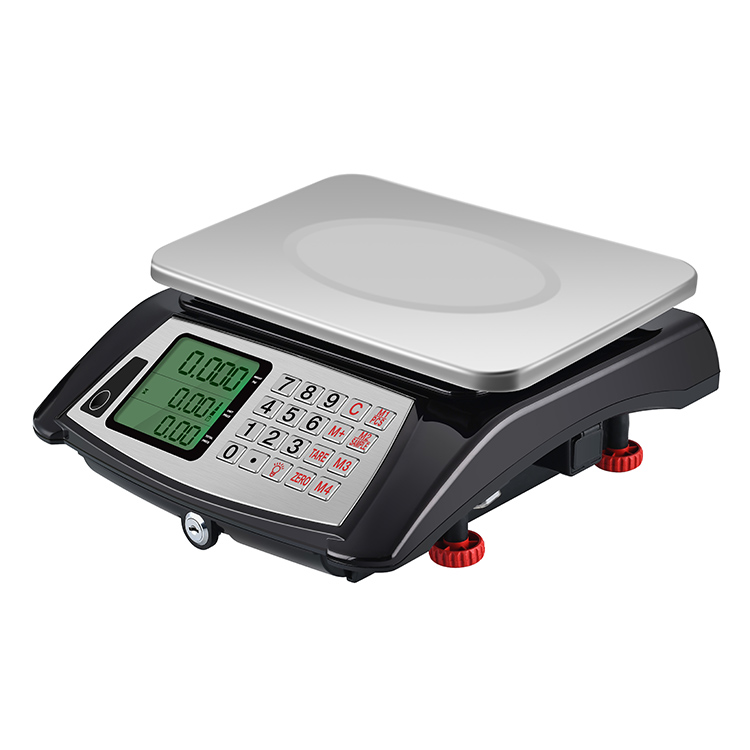
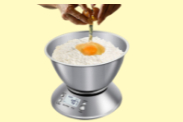
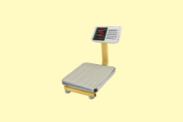
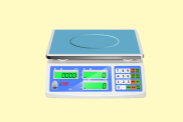
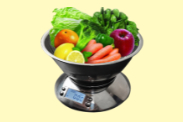
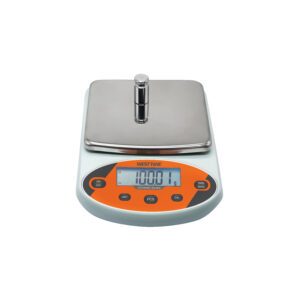
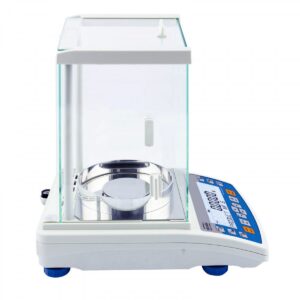
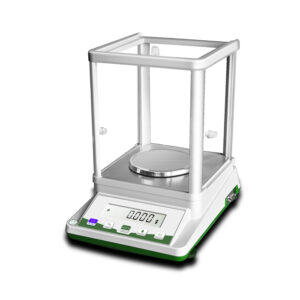
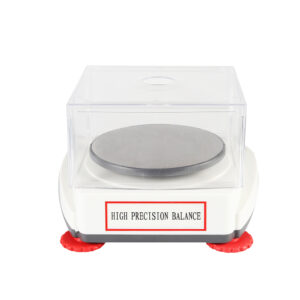
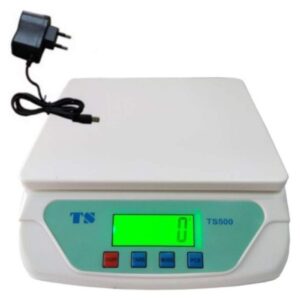



Reviews
There are no reviews yet.